Volunteer to help plant trees in Madagascar
Project Description: We work with local communities to reconnect and expand natural habitats over the mountainous terrain around Kianjavato while simultaneously benefiting the 14,000 area residents. Our volunteers can help restore rain forests and protect lemurs by planting trees in Madagascar. Omaha’s Henry Doorly Zoo and Aquarium (OHDZA) and the Madagascar Biodiversity Partnership (MBP) are looking for highly motivated volunteers to join our on-going reforestation program in southeastern Madagascar. This area is home to nine lemur species, several of which are critically endangered. Habitat loss threatens the remaining - yet unprotected - forest fragments, but you can help.
You’ll have a dynamic daily work routine; you may be working at the primary field station or at the multiple tree nurseries throughout the region; you could be collecting seeds within an established forest; or at a field site preparing for a community planting event. Duties may include sorting compost, placing seedlings into growing bags, organizing the tree inventory, transplanting trees with the local community groups or school children. The ultimate goal of the reforestation program is to plant one million trees as a means to establish corridors between forest fragments and restore ecosystem services. In order reach this substantial goal, there is a need for streamlining the reforestation effort – from seed collection, germination, and transplantation – and this is where the volunteers can make a significant and lasting contribution to the project.
The work schedule for the reforestation volunteer may vary, but will operate during daylight hours, Monday through Friday, with members of the reforestation team and nursery staff arriving at the job site around 7:00am. You will typically work with other volunteers and a team of knowledgeable Malagasy field guides. The reforestation team consists of rotating OHDZA employees, Malagasy MBP field assistants and graduate students, along with numerous nursery managers and assistants from the local community. Current volunteers and the nursery staff will show incoming volunteers their procedure for growing seedlings and related activities in the nurseries, while the reforestation field personnel will demonstrate procedures for planting in the landscape.
Ultimately, the goal for the MBP volunteer program is to improve communication between the field efforts and the MBP and OHDZA office staff. Volunteers should be prepared to operate as a project manager and conservation partner – you’ll need to focus on a variety of tasks, such as: data collection standardization; ensure the team is on track to reach final goals; compile data into reports; address minor personnel issues and report concerning behavior; handle the weekly or monthly budget for the reforestation project and prepare budget reports; evaluate the functionality of the tasks at hand; compile and submit reports regarding field data, making interpretations as necessary; be proactive in responding to requests from Omaha regarding necessary information or pictures – these are often requested to complete grant reports and should be seen as a priority. The role of facilitating communication is paramount to the program success and volunteers must take this compone nt very seriously.
Research is based at the field station which was established in 2009. Infrastructure upgrades are ongoing, however conditions are currently relatively rustic. Volunteers will sleep in self-provided tents under a fixed shelter which is shared with other volunteers, and meals are basic camp fare (be prepared to eat rice at each meal). Purified water is readily available. Solar power and a generator is present to power laptops, recharge batteries, etc. on a restricted basis. There is generally good cellular phone reception at the station and in some parts of the forest. Volunteers will need to obtain their own phones and will have to pay for their own calls (even international rates are reasonable). As of early 2017, KAFS has limited internet connectivity.
Qualifications/Experience: As indicated, adequate physical fitness is required. We prefer volunteers with plant nursery experience, or a BA or BSc in the biological or environmental sciences, tropical restoration and forest management experience is a plus. Some independent research experience will be an advantage, as will work or travel experience in tropical countries. A willingness to work in isolated conditions, the ability to solve problems independently, and dedication to a positive and respectful working environment are required.
Cost of the Program
$210 USD non-refundable deposit (to secure your placement with the program)
$650 USD accommodation fees (includes airport assistance, travel costs to/from field station, tent site rental, and food)
Please note that upon your arrival at the Ivato Airport in Antananarivo, you will need to pay for a 90 day tourist Visa (currently $58.20 USD; amount subject to change, check the Madagascar visa website for updates).
For a more details, please visit the Madagascar Biodiversity Partnership at http://madagascarpartnership.org
Term of Appointment: Entry is required under a 90 day tourist visa, thus volunteers are limited to a 90 day stay.
2017 Volunteer Cohort Schedule:
July Cohort (July 31 – August 3 arrival in Madagascar; October 23 – 27 departure from Madagascar)
October Cohort (October 2 – 5 arrival in Madagascar; December 18 – 22 departure from Madagascar)
Application Deadline: immediately; the positions will be filled by the first qualified applicants. This in an on-going call for volunteers throughout 2017. Please inquire about current vacancies and available discounts.
Comments: Applicants should send a letter of interest, curriculum vitae, and contact information for two references to Dr. Ed Louis (genetics AT omahazoo DOT com).
